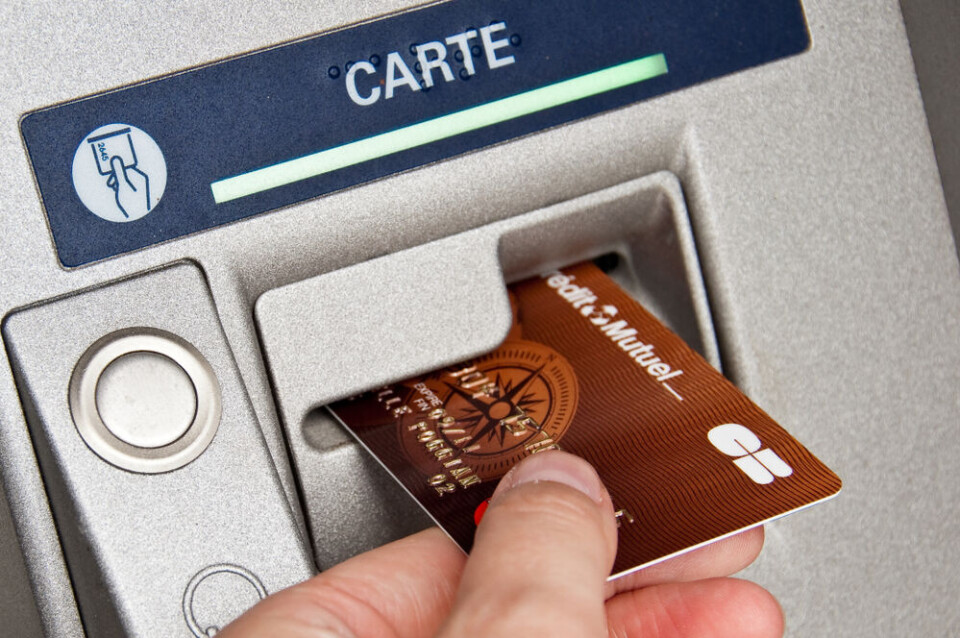-
Many Société Générale customers to be charged additional fees from April
There is some good news for international banking and instant transfers, however
-
French banks applying ‘irregular’ charges on clients, fraud office check reveals
The investigation into 100 banking establishments found breaches, failings, and alleged criminal practices
-
Which banks pay interest on current accounts for residents in France?
Online-only banks are leading the trend but the earning potential varies
French banks to limit fee increases to 2% in 2023 amid high inflation
The banks, which have made enormous profits recently, agreed to the measure upon a government request to help preserve public buying power

France’s banking sector has agreed to limit increases in bank fees to a maximum of 2% next year, as requested by the government.
France’s economy and finance minister Bruno Le Maire announced the move yesterday (September 13), saying that “all the banks have made the commitment”.
He added that some banks will freeze their rates as they are now, and called the measure “un bouclier sur les frais bancaires” (a freeze on bank charges).
Les banques françaises ont pris l’engagement de ne pas augmenter les frais bancaires de plus de 2% en 2023. Certaines iront plus loin en gelant leurs principaux frais.
— Bruno Le Maire (@BrunoLeMaire) September 13, 2022
Ce bouclier sur les frais bancaires est un engagement concret pour le pouvoir d’achat des Français. @FBFFrance
People in France paid on average €215.50 in bank fees over the course of 2020, according to insurance comparison site Lesfurets.
The banks have also committed to reducing the maximum bank fee charge for the lowest earners from €3 per month to €1.
French banks raked in record profits in 2021. The five major players, BNP Paribas, Crédit Agricole, Société Générale, BPCE and Crédit Mutuel, made a combined €30billion in net profits.
The government has asked them to take action to protect public buying power, as year-on-year inflation hit at 5.8% in August according to the latest estimations from France’s national statistics agency Insee.
Related stories
French taxe foncière bills arriving, inflation means rises
Residents of France: Neobank may be solution if UK bank closes account
Updated: Britline, BNP, Banque Postale: Your feedback on French banks
French banks criticised for excessive fees for bounced payments
























